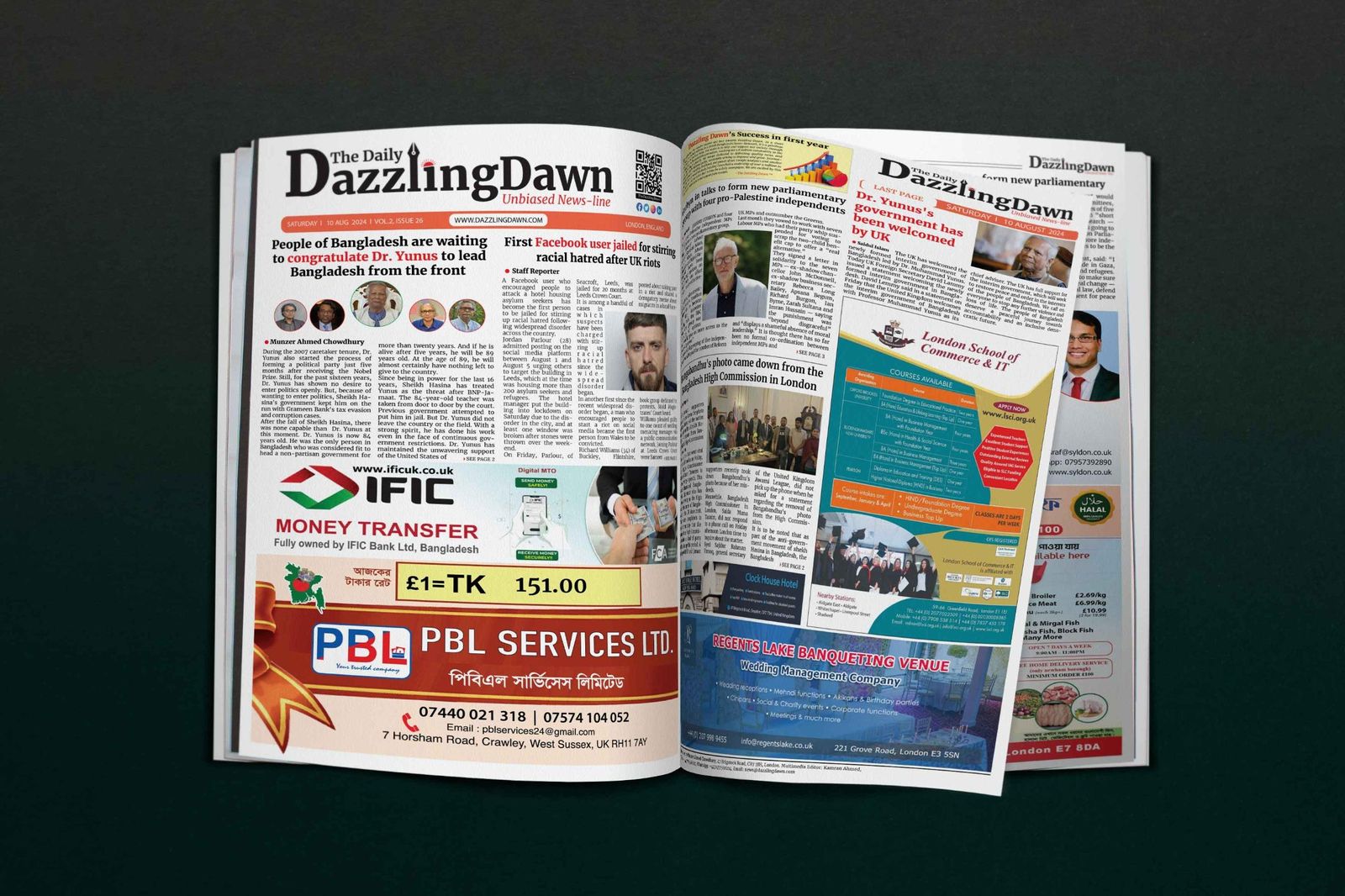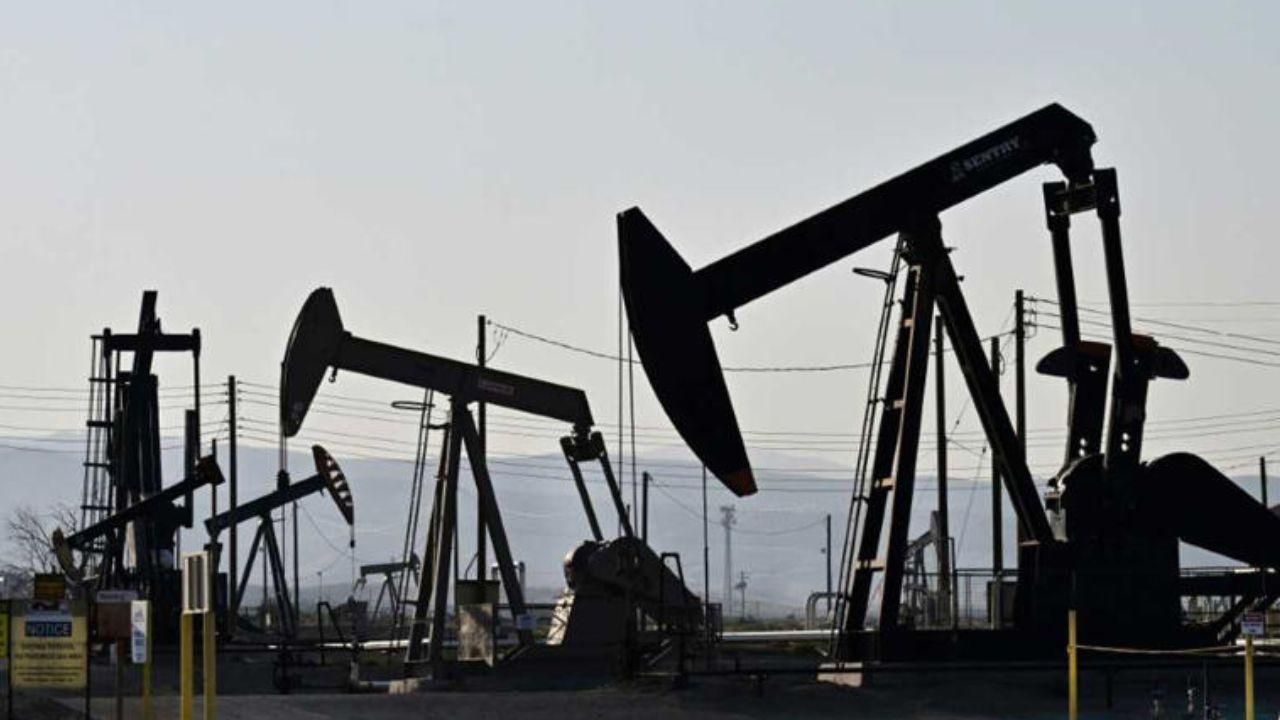As Bangladesh has put emphasis on increasing trade with African countries as the export growth to major markets in the USA and EU slows down, Bangladesh’ trade with Algeria, an important country in the African continent, has been on a sound positive growth in recent years, according to the data of the Export Promotion Bureau (EPB).
“The economies of Asia and African countries will do better during this century compared to the economies of the European Union and North American countries,” said a Bangladesh diplomat.
At present, Algeria imports jute and jute products, woven and knitwear, home textiles and footwear from Bangladesh. Apart from this, it imports a huge quantity of consumer goods, cereals, dairy products, plastics, medicines every year from the world market.
Algeria also has a huge potential market for man made filaments, glass and ceramics, leather goods, and electronics.
Newly-appointed ambassador People’s Democratic Republic of Algeria Dr Abdelouahab Saidani recently presented his credentials to President Mohammed Shahabuddin at the Bangabhaban recently.
The Bangladesh President also proposed Algeria to consider importing world standard Bangladeshi products such as textile, jute, pharmaceuticals, food and electronics during the meeting with the Algerian ambassador.
Highlighting the vast potentials for expanding bilateral trade and economic ties, the President requested exploring LPG or LNG supply from Algeria to Bangladesh on mutually favourable terms to support sustained growth.
He said the existing relations among the countries will be strengthened and the scope of trade will also boost with this mutual trade.
Both the ambassadors sought full cooperation of the President during their official assignments in Bangladesh in future.
The President welcomed the new ambassadors on their arrival and were accorded a “guard of honour” by the horse-mounted contingent of the President Guard Regiment (PGR).
“The trade relations with Bangladesh are below potentials that need to be increased as economies of both countries have been growing steadily over the years, “said the Bangladesh diplomat.
According to data of EPB, Bangladesh’s export to Algeria is likely post 300 per cent growth in the 2023-24 FY. Bangladesh's total export to Algeria stood at 15,861,384.25 US dollar during July-June period of the 2022-23 Fiscal Year. Bangladesh’s export to Algeria during July–May of 2023-24 Fiscal Year recorded at 45,162,416.16 million US dollars.
Bangladesh’s export to Algeria stood at 5.02 million US dollars in 2021-2022, while Algeria’s export to Bangladesh stood at 41.609 million US dollars making bilateral trade to the tune of 46.63 million US dollars and a trade gap of 36.59 million US dollars.
Bangladesh’s export to Algeria stood at 15.86 million US dollars in 2022-2023, while Algeria’s export to Bangladesh stood at 41.609 million US dollars making bilateral trade to the tune of 138.61 million US dollars and a trade gap of 106.89 million US dollars.
Bangladesh’s export to Algeria has been growing as the Export Promotion Bureau (EPB) has laid emphasis on increasing trade with African countries as the export growth to major markets in the USA and EU slows down. Bangladesh’s export to Algeria during July–May of 2023-24 Fiscal Year recorded at 45,162,416.16 million US dollars.
“The economy of Bangladesh has been growing steadily over the years as the South Asian country has become a member of developing economies. Algeria is looking at exploring trade potentials with Bangladesh,” said a leader of the Bangladesh Garment Manufacturers and Exporters Association (BGMEA)
Lauding the leadership of interim Government head Dr Mohammed Yunus, he said ‘Bangladesh has been on the right track under his leadership. In the changed environment in world order, Algeria is working hard on improving trade relations with Bangladesh in the coming days, said the BGMEA leader
Director General of the African wing of the Ministry of Foreign Affairs of Bangladesh AFM Zahid-Ul-Islam with the team worked hard to increase engagement with African countries, sources said.
As part of the market divarication plan, the Bangladesh government has also planned to increase engagement with African countries.
“To increase bilateral trade, Algeria is ready to sign Free Trade Agreement (FTA) or Preferential Trade Agreement (PTA) with Bangladesh,” said a policymaker of Bangladesh.
“As Bangladesh is the second largest exporter of readymade garments to the world market, the country can explore the possibility of setting up high-end green industries in Algeria to tap the European markets,’ he opined.
To strengthen bilateral trade and economic ties, an agreement was signed between Bangladesh and Algeria in 1973. Now, both the countries have opportunities to increase trading, said a Bangladesh diplomat who worked in the African continent.
He said, "Algeria is a friend of Bangladesh. Bangladesh is keen to increase trade and economic cooperation with Algeria."
As the Bangladesh government has planned to increase engagement with the African continent, Algeria has increased manpower in the Dhaka mission, he said.
Meanwhile, several hundred Bangladesh citizens work in a fertiliser factory and some are also engaged in some other professions.
The Algerian government decided to reopen its embassy in Dhaka after the Embassy of Bangladesh was reopened in Algiers in 2016 for extending diplomatic presence in the region.
Bangladesh had earlier opened its diplomatic mission in Algiers in 1973, but it was closed in 1993.
Business conditions in most African economies have improved significantly in the last 15 years, according to the World Bank business score for selected African economies.
Quoting HSBC Global Research report, the BGMEA leader said that Bangladesh's economy is expected to clock a 7.1 percent growth in fiscal year 2025-26, driven by exports and remittances
Both exports and remittances are showing positive signs despite the ongoing challenges in the global economy, the HSBC said in a statement following a webinar on economic outlook organised by the British multinational bank's Dhaka office recently.
At the event, Frederic Neumann, chief Asia economist and co-head of HSBC Global Research Asia, said even though Bangladesh's GDP growth rate for fiscal year 2024-25 was revised to 4.5 percent, it would jump to 7.1 percent in the following year.
The garment sector, which accounts for 83 percent of the country's exports, is expected to grow through an increase in demand from international markets, he said.
"At the same time, imports, which had been strained by rising global energy prices, are now stabilising, reflecting a recovery in domestic demand and easing cost pressures," he said.
The official said remittances were anticipated to grow, driven by improved employment conditions in key overseas markets.
"This rise in remittances will not only support household consumption but play a significant role in sustaining the broader economic recovery," he said.
However, challenges remain, particularly with inflation, said Neumann, adding, "This will continue to affect both household spending and business costs."
Structural reforms in the banking sector and efforts to control inflation will be essential for unlocking Bangladesh's full economic potential and ensuring long-term, sustainable growth, according to the HSBC.
"Bangladesh is already well on its way to recovery. Macroeconomic adjustments undertaken in recent months, and robust economic fundamentals, should pave the way for growth to rebound over the coming year," said Neumann.
"A rapid implementation of reforms would help to speed up the process further," he added.
The Gross Domestic Product per capita in Algeria was last recorded at 4717.40 US dollars in 2023. The GDP per Capita in Algeria is equivalent to 37 percent of the world's average. GDP per Capita in Algeria averaged 3623.72 USD from 1960 until 2023, reaching an all time high of 4829.19 USD in 2016 and a record low of 1607.55 USD in 1962.
“As gross domestic product (GDP) per capita in Algeria is over $4717.40 US dollars and Bangladesh is a developing country, the consumer markets in both countries are expanding,” the African diplomat said.
Meanwhile, Turkish denim manufacturer Taypa Teksil, supplier to brands including Levi’s and Calvin Klein, invested over $800 million in what it says will be the largest textile facility in Algeria, according to multiple news reports out of Turkey and North Africa.
According to the United States Department of Agriculture, the agricultural sector in Algeria accounted for 12% of the country’s GDP in 2016 and employs about 20% of the Algerian population. The highest share in the economy’s performance led the government to consider the agricultural sector a priority sector. The African government put huge efforts to attract foreign and domestic investments, to reduce the country’s reliance on imports.
As a part of its effort to boost the agricultural sector, Algeria is offering incentives on taxes, including farming concessions, and free long-term leases of farmland to foreign investors and local counterparts. Owing to such favorable legislative policies, many private agricultural firms are coming forward to invest in the agricultural sector.
With a population of 44 million, and is the ninth-most populous country in Africa. The capital and largest city is Algiers, located in the far north on the Mediterranean coast.
The country's capital and largest city is Algiers, situated along the Mediterranean coast in the north of the country. Algiers is an historically significant city, having been an important location for trading throughout its history, and it continues to be the commercial and economic center of Algeria today. This is reflected in its population, which is around 3.5 million (and approximately five million if the metropolitan area is included).
Algeria covers an area of 2,381,741 square kilometres (919,595 sq mi), making it the world's tenth largest nation by area. With a population of 44 million, and is the ninth-most populous country in Africa.
The Algerian agriculture industry is projected to register a CAGR of 2.4% during the forecast period (2021-2026).
The government policies and programs to increase domestic production, privatization of the seed sector, and investment in agricultural infrastructure are the major drivers of the growth of the market studied.
The African country has been revolutionizing its technology sector in the field of agriculture, by adopting soil-less farming. Farmers are adopting hydroponic techniques to increase vegetable production. Hence all these factors contribute towards increased production of fruits in the country.
Growth in the Algerian economy is expected to reach a rate of 4% in 2024, according to the latest African Economic Outlook report from the African Development Bank (AfDB), unveiled recently in Nairobi.
Thus, the ADB has significantly revised upwards the growth rate forecast for Algeria for 2024, to 4%, compared to 2.7% forecast in the 2023 edition of the same report.
For next year, the ADB expects growth of 3.7% for the Algerian economy, stressing that the expected performances will be driven in particular by the sectors of industry, construction, services as well as the sector of hydrocarbons, with an increase in exports which will remain at 5% in 2024 and 2025.
Regarding inflation, it is expected to continue its downward trend to reach 6.8 in 2024 and 5.7% in 2025, a "fall" which will be achieved thanks to the increase in agricultural production, according to the report.
The current account should benefit from expected stability in international hydrocarbon markets and remain in surplus, according to figures from the Pan-African financial institution
Furthermore, the ADB stressed that the presidential election to be held in September 2024 was not considered a macroeconomic risk, “given the stability of the national socio-political context”.
Regarding the challenge of economic diversification, the AfDB welcomed the vision of the Algerian State to consolidate economic recovery and improve the business climate while accelerating the digital transition and developing the sectors driving development and economic growth, notably agro-industry and fishing.
The institution recommends, in this context, continuing to support local industries in the short term and investing in the technologies necessary for the industrialization strategy (digital economy and digitalization in particular).



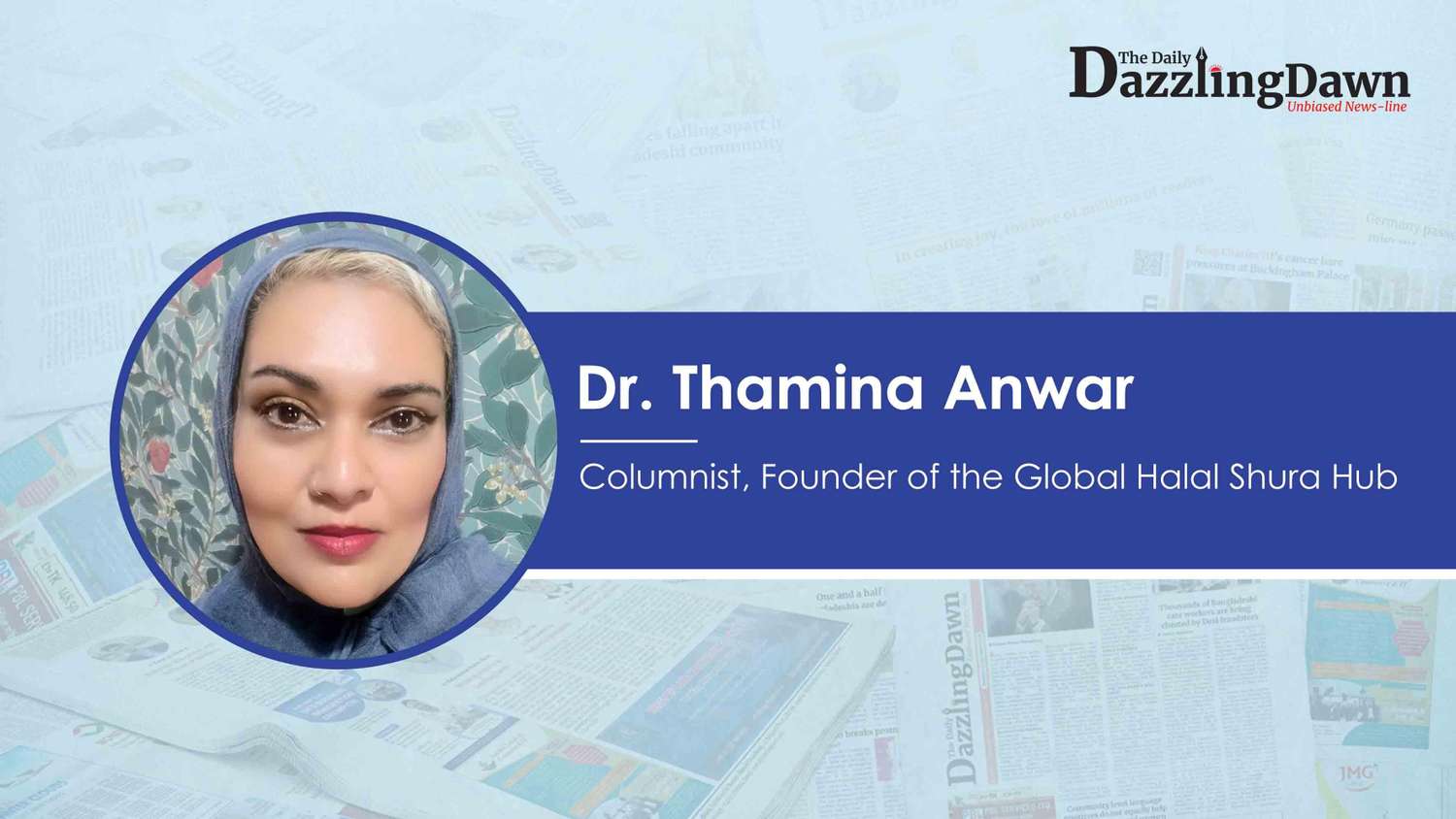
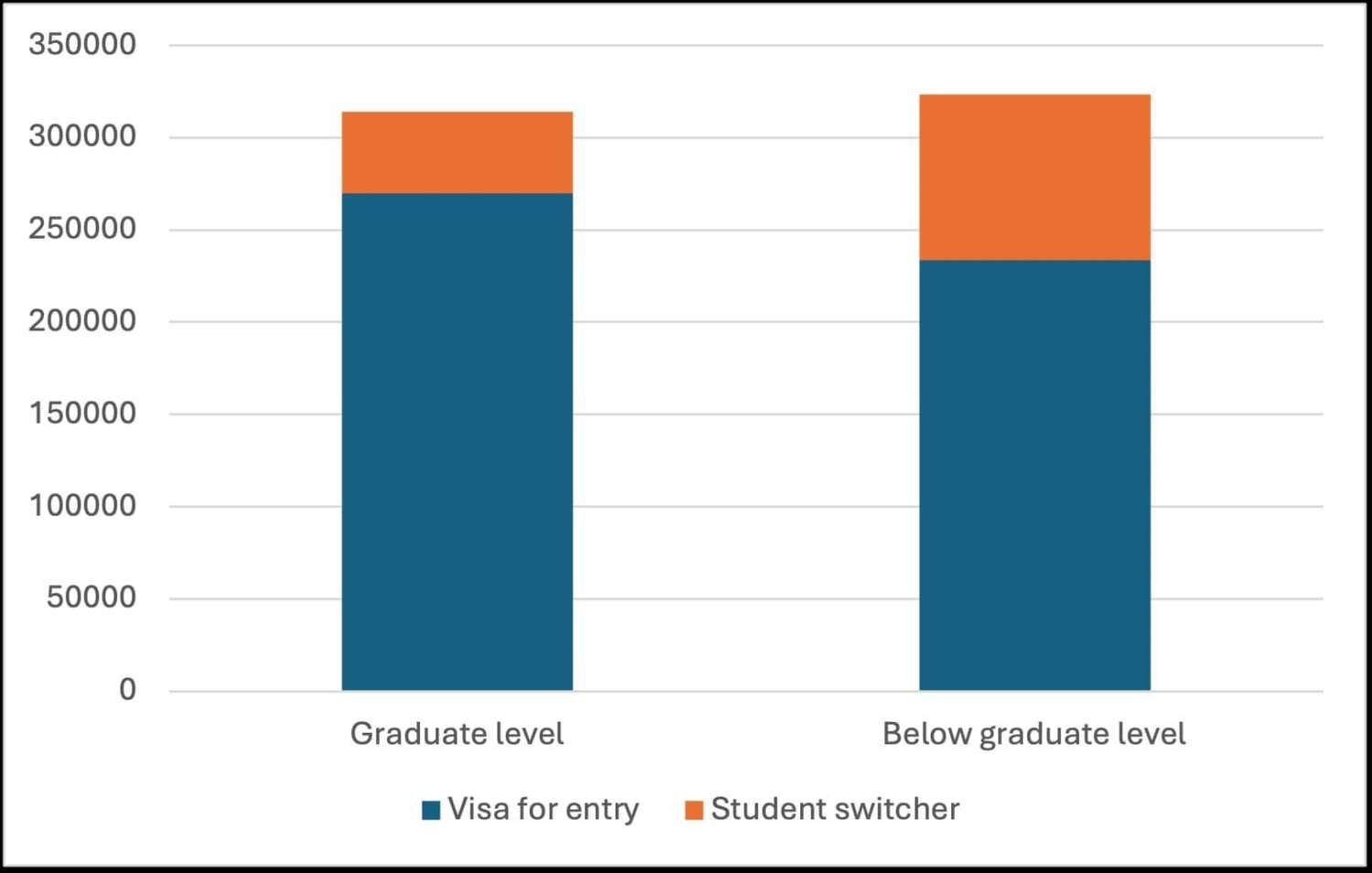


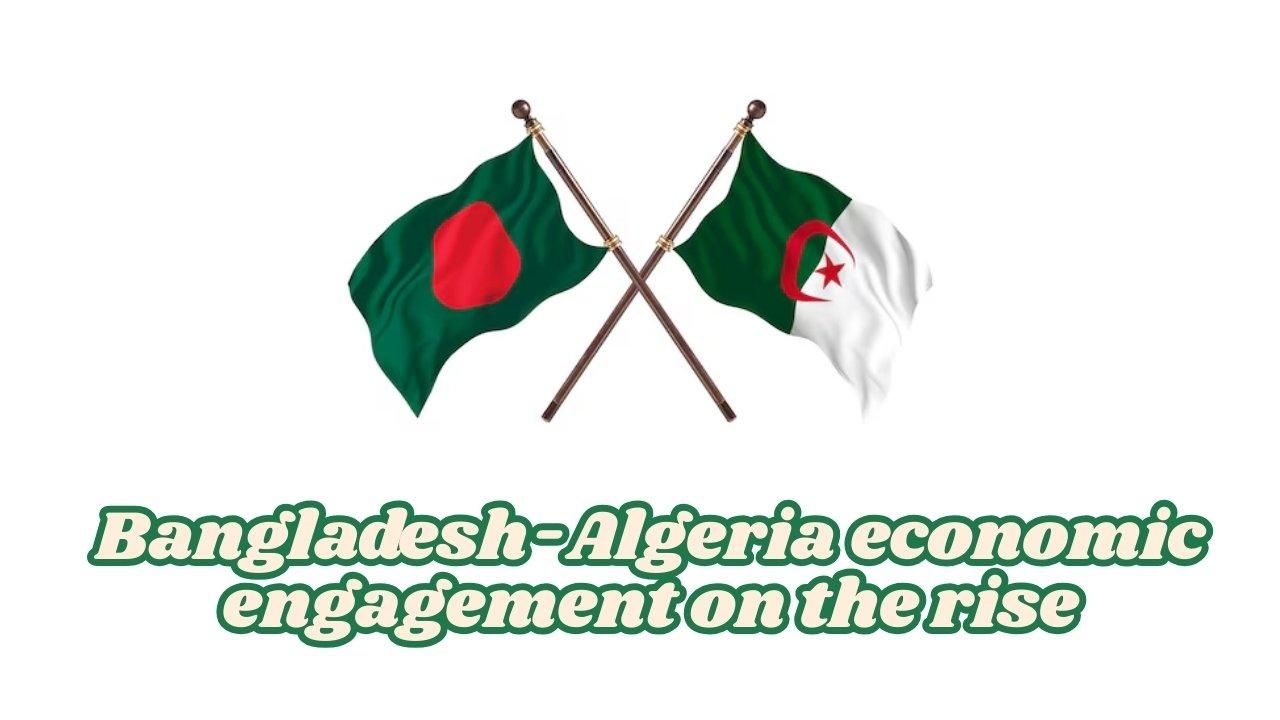
.svg)

